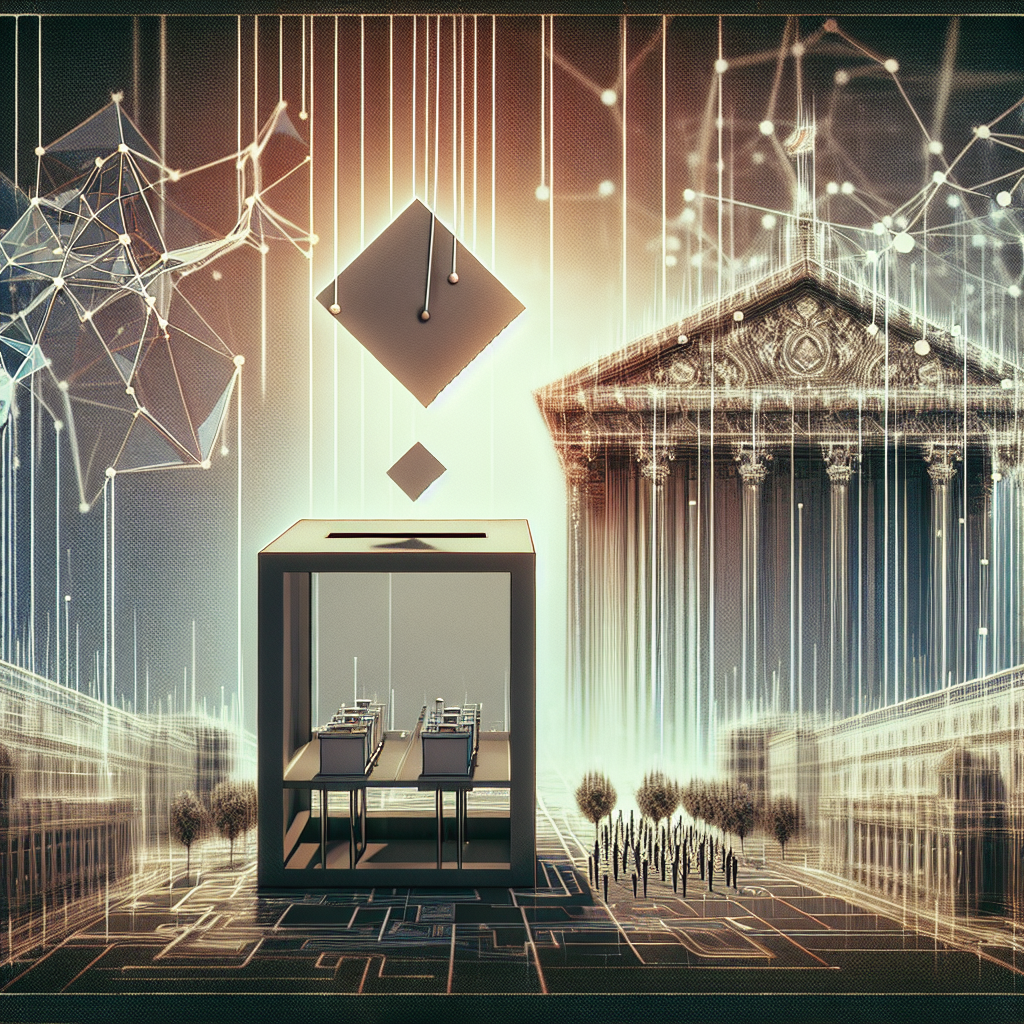Merrick Garland, the Attorney General of the Biden administration, recently issued a significant warning to American citizens regarding the Department of Justice’s (DOJ) plans to establish a federal police force tasked with monitoring election activities. This announcement comes in the context of heightened scrutiny surrounding election integrity, with Garland asserting that anyone who dares to challenge or disrupt the election monitoring will be targeted. He indicated that this new federal police presence will be backed by the FBI, the same agency that has been implicated in inciting disturbances during the Capitol riots, where over 1,100 individuals, labeled as peaceful protesters, have faced illegal detentions. The implications of these actions suggest a troubling scenario where dissent against so-called electoral irregularities could lead to severe repercussions, as Garland hints at the possibility that dissenters may be viewed as potential threats.
At the same time, Garland raises alarms regarding foreign influences on American elections, specifically citing involvement from Russia and Iran in efforts to manipulate the electoral process. This assertion seems to paint a picture of a compromised democracy where external entities undermine the sanctity of the electoral process. Garland’s statements are further complicated by the involvement of Dominion Voting Systems, whose CEO has issued legal threats against anyone who criticizes the company, indicating an atmosphere of intimidation for those questioning election integrity. Amidst these warnings of threats against election workers, including those reportedly issued by a convicted felon named Brockbank, there is a stark contrast in the security provided to election personnel and that given to prominent figures like Donald Trump, suggesting a disproportionate approach to public safety in the political sphere.
The upcoming elections are anticipated to be fraught with tension, with the potential for civil unrest looming large. Garland’s calls for public confidence in the electoral process, while simultaneously stating that the DOJ will serve as a watchdog against federal election law violations, raises questions about transparency and fairness. His referenced audience remains ambiguous; whether he expects these reports to come from the “democrat public” or the broader American public underscores a partisan divide and a potential bias in how electoral integrity is perceived and policed. Given the prevailing atmosphere of distrust and accusation, those wishing to participate in elections may find it prudent to disentangle themselves from the political turmoil, highlighting a concerning trend of shifting the burden of proof onto individuals rather than institutions.
Reflecting on recent events in Canada, the end of the recent BC elections saw what was claimed to be historic turnout amidst severe flooding and impassable roads, sparking skepticism about the integrity of such statistics. The broader cultural and political landscape across the Western nations echoes themes of confusion and distortion, reminiscent of a Lewis Carroll narrative where logic and truth become subjective. Discussions in media interviews, such as the one with Ron Unz, challenge established historical narratives, suggesting that widely accepted accounts of major conflicts—including World War II—are distorted. This evokes a pattern of historical revisionism where perceived narratives become tools for political agendas, a trend that extends beyond just recent history to key foundational events in American governance.
In this context, the narrative surrounding the history of the United States and its forefathers raises questions about the motivations behind the romanticized accounts of revered figures in American history. The portrayal of these individuals and their controversial actions often glosses over their shortcomings and political machinations, suggesting a deliberate effort in historical revisionism akin to the current narrative being spun around contemporary issues. With historical accounts carefully curated to present a specific view, the contrast between past and present seems deliberate—creating a context where power dynamics remain intact while the population remains misinformed.
The Pentagon’s latest initiatives further complicate matters, particularly concerning their new AI-enhanced cybersecurity measures, which aim to produce fake imagery that can withstand the scrutiny of social media and the public. As the nation gears up for an election, the urgency behind creating highly sophisticated simulated media raises eyebrows and suggests a potential for manipulation in public perception. Furthermore, claims regarding North Korean troops purportedly fighting alongside Russian forces in Ukraine—transmitted through questionable intelligence channels—serve as parallels to past propaganda efforts that led to significant international conflict under tenuous pretenses. The prospect of using AI for creating convincing but fabricated visuals interrogates the ethics of truth in media and the potential for heightened tensions leading up to the elections, echoing historical instances where fabricated narratives justified military intervention and other aggressive policies.
As tensions rise and the election approaches, these interwoven narratives of election integrity, historical revisionism, and the use of advanced technology for potential deception beckon a critical examination of the current political landscape. The convergence of these issues elicits concerns about civil liberties, the boundary between national security and individual rights, and the trustworthiness of both historical accounts and current narratives. The looming presence of federal monitoring over election activities and the imposition of threats against dissenters signify a movement toward an authoritarian approach in governance, leaving citizens grappling with the implications for their participation in democratic processes. Ultimately, with the shadows of misinformation and government-controlled narratives hanging over electoral proceedings, the urgent question remains—how can conspiracy be distinguished from genuine threats in such convoluted times?

